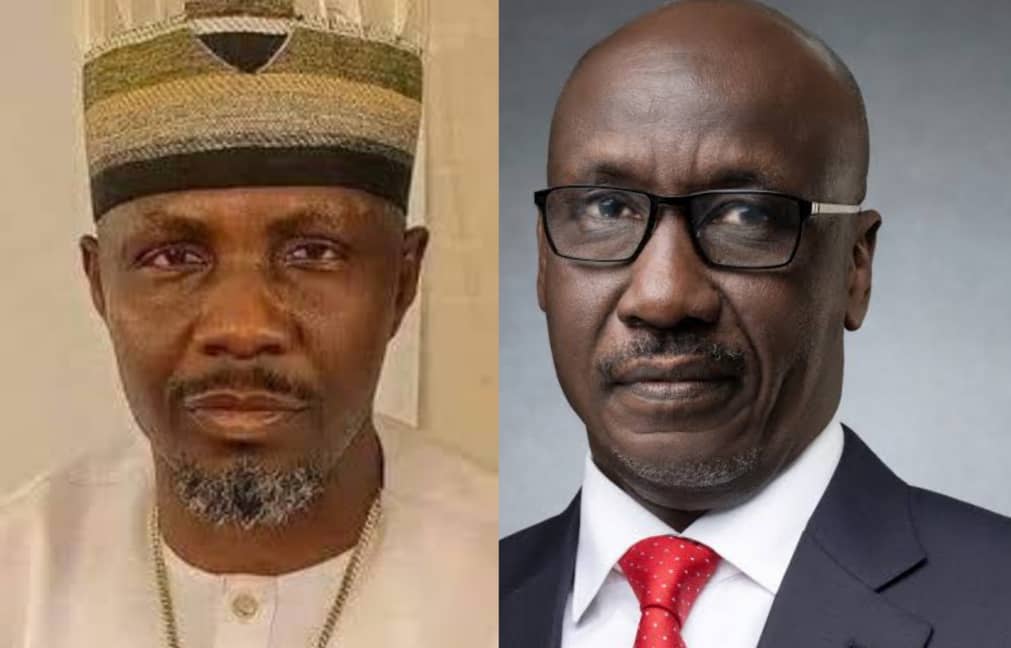
For many Americans, the stakes are high in the 2020 election.
The ongoing coronavirus pandemic and racial tensions have divided the nation and galvanized millions of people to cast their votes weeks before the Nov. 3 election.
But the historic turnout has been challenged by a wide range of tactics to suppress voters, particularly voters in communities of color.
Voters have faced hours-long lines, intimidation and rejection at the polls, and received false information that sought to discourage them from voting.
STORY FROM PURINA PRO PLAN LIVECLEAR
Helping address a pet problem as old as time
Here is a roundup of some of the most striking examples of voter suppression during the election season:
Armed people show up to polls
In St. Petersburg, Florida, two people dressed as armed security guards were reported outside an early voting site on Oct. 21.
The man and woman told police they were hired by President Donald Trump’s campaign, according to local media reports. Trump’s campaign, however, told WFLA that it did not employ the two people.
Trevor Mallory, a Democratic candidate for Pinellas County property appraiser, said he was campaigning near the voting site when he noticed the armed people standing near a Trump campaign tent.
Mallory said it made him uncomfortable and called it “voter intimidation.” He said he was thankful that voters, including those with children, did not allow the presence of armed people to stop them from walking into the building to vote.
“To me, that’s a little alarming, it’s a little unsettling,” Mallory told USA TODAY. “No one should have to encounter an armed guard that is not with the sheriff’s department or an official police department employee.”
According to WFLA, law enforcement officials said the two people were licensed security guards employed by a Florida security company and they were not violating any laws.
Elsewhere, a Michigan judge on Tuesday struck down Secretary of State Jocelyn Benson’s directive that banned the open carry of firearms at polling places on Election Day.
Gun rights activists had filed a lawsuit claiming Benson’s order made “an unsupported correlation between mere possession of a firearm and voter intimidation.”
Benson said she planned to appeal the judge’s ruling.
Credit; USA TODAY










